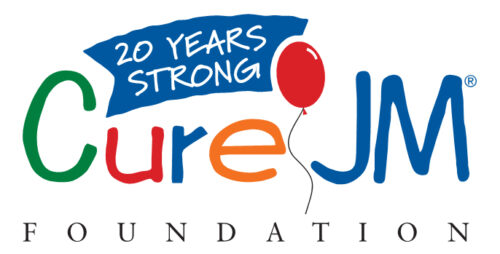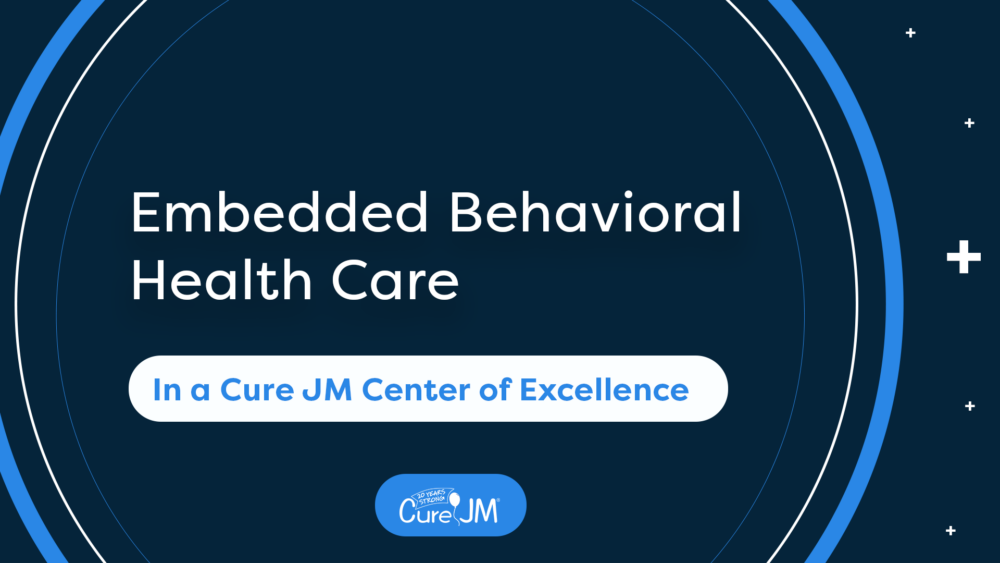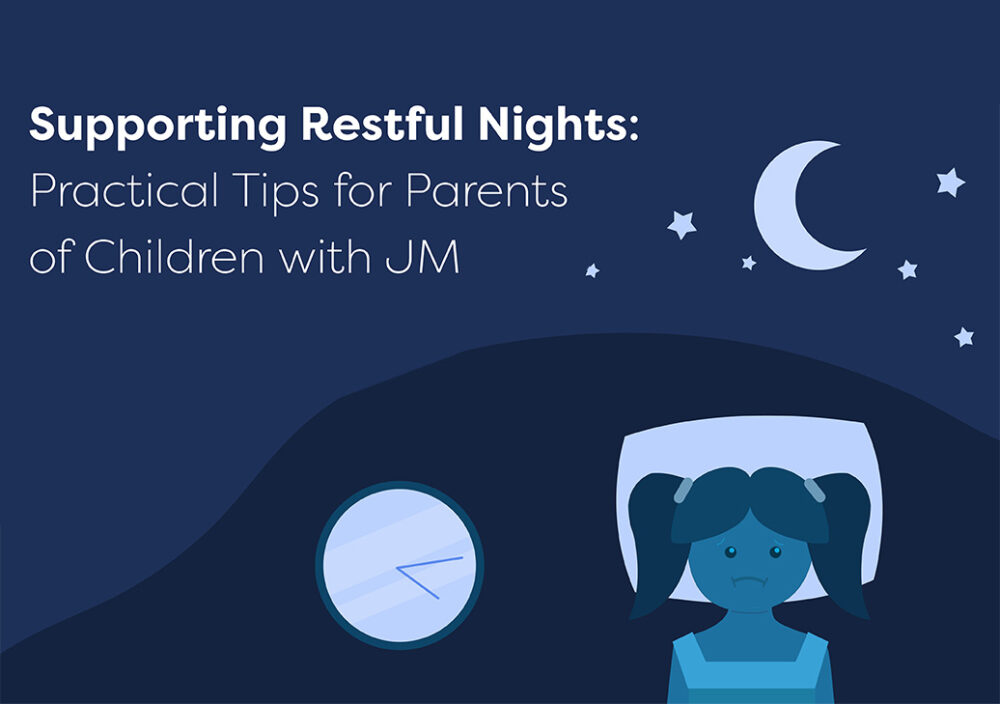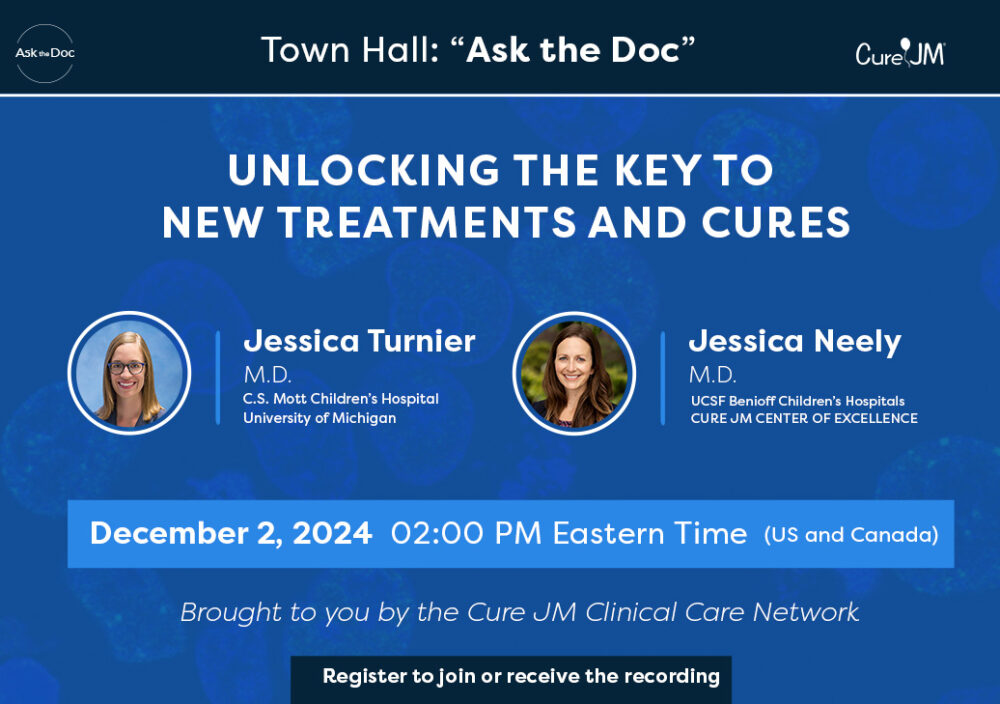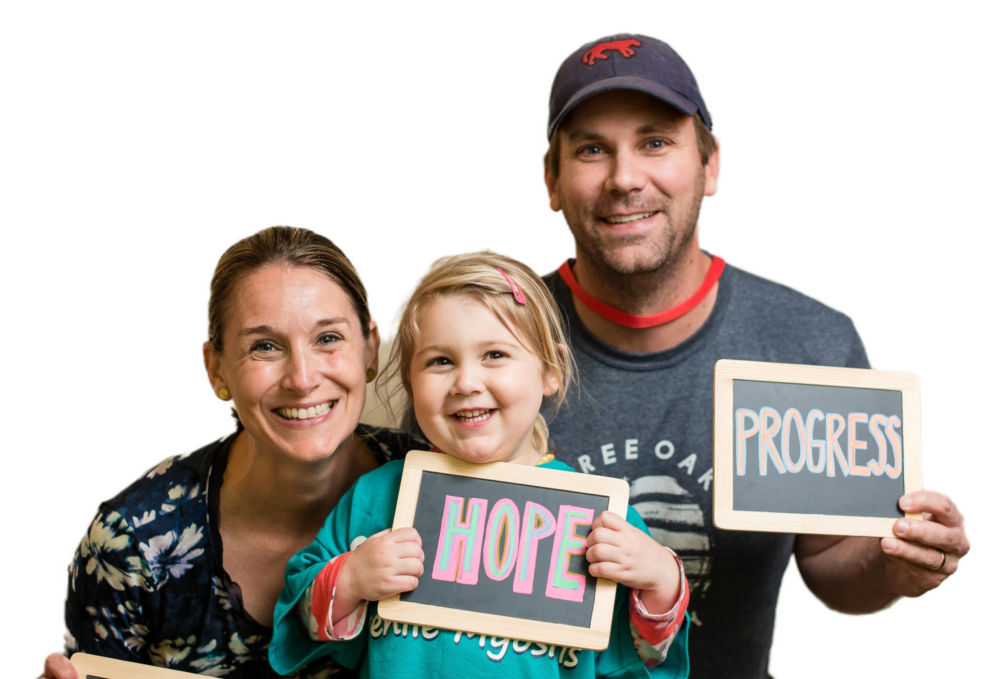A recently published study on integrating mental health care into a pediatric rheumatology specialty clinic, supported by the Cure JM Foundation, concluded that the need for mental health care is great and despite the challenges, with the coordination of various stakeholders, it is possible. Published in Frontiers, the principal authors were Dr. Susan Shenoi, a pediatric rheumatologist and Director of the Cure JM Center of Excellence at Seattle Children’s Hospital; Dr. Joanna Patten, psychologist; Stacey Haynes, psychologist; and Suzanne Edison, JM parent, former counselor, and the Mental Health Coordinator at Cure JM.
It is well known that youth with rheumatological or autoimmune diseases often have coexisting mental health symptoms, including anxiety and depression, that are difficult to address in the span of a medical visit to their rheumatologist. Yet, according to focus group studies that Cure JM funded and conducted in 2018, both parents and patients feel most comfortable with their pediatric rheumatologist and would prefer to speak to, or be approached for mental health support, in their office.
As a result of these findings, Suzanne Edison approached Dr. Shenoi about the possibility of integrating mental health services (psychoeducation, screening assessments, counseling, and referrals) into the Center of Excellence clinic on a regular basis, effectively making it a standard of care. This paper describes not only the need for mental health services and the barriers to integrating psychological services, but looks at one successful model, called Embedded Behavioral Health Care (EBHC), and the steps it took to achieve it.
Not only does this model serve patients and families where they are seen most often, the pediatric rheumatology clinic, but it allows the physicians to focus on what they do best, rheumatological disease care, and leverage the expertise of the behavioral health provider to assess and intervene as needed.
The presence of a well-established JM Center of Excellence at Seattle Children’s helped facilitate the development, funding, and implementation of the EBCH model. This paper outlines key stakeholders and their roles, and while this is one particular model, it will not fit every institution. Yet, it does demonstrate what is possible. In the coming years, ongoing, sustainable funding and the lack of available mental health providers are key constraints that will need significant attention.
One parent whose child was seen by Dr. Haynes in the Seattle CoE clinic said, “…we met with her twice. That was a good experience.”
Edison states, “Although our psychologist did not return to the JM clinic after the birth of her child, our pilot model and experience was so successful that the entire rheumatology division has been designated to receive a full-time mental health specialist. The difficulty now, due to the lack of mental health personnel, is finding that person.”
To read the entire published article, click here.
